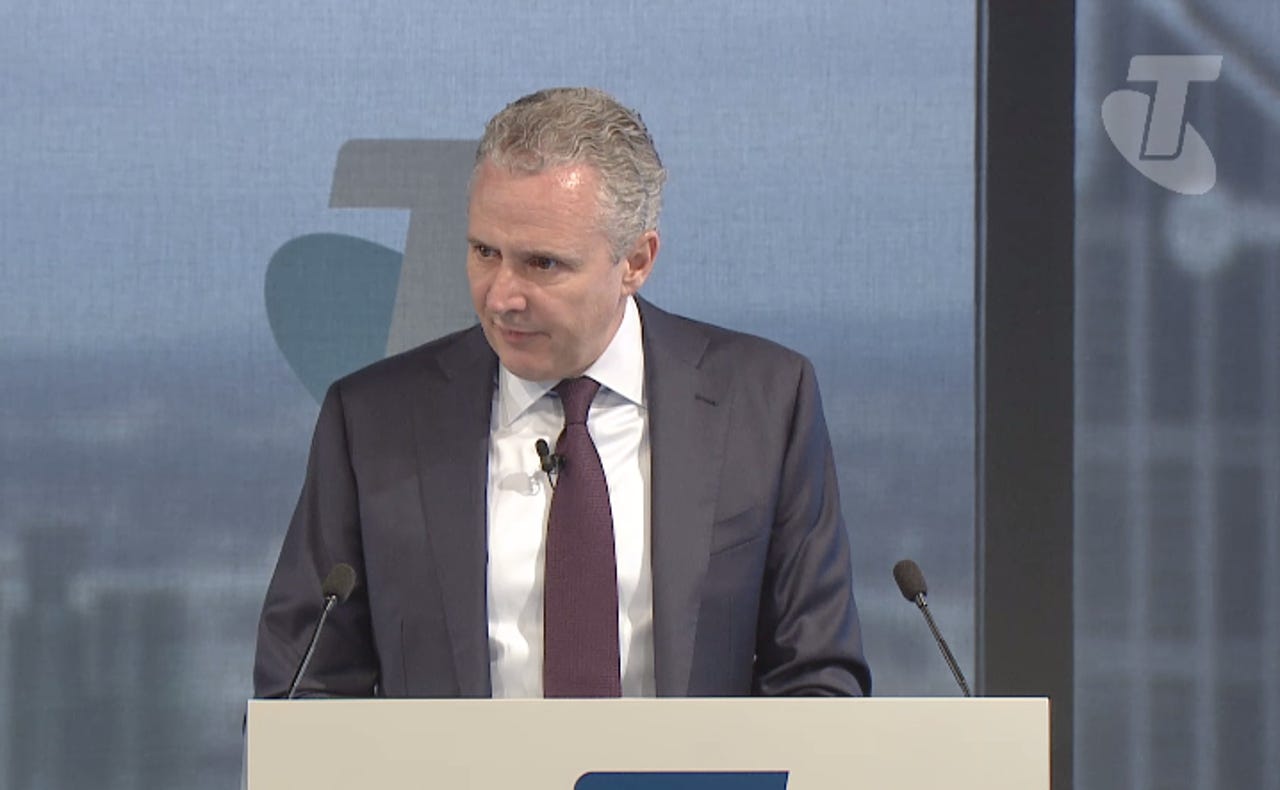Australia or Austria, the most expensive broadband plans belongs to one of them


A study conducted by Link Economics on behalf of Telstra found Australia has the most expensive broadband in the world, and when it slips to second place, Austria takes out top spot.
Australia was the runaway leader for pricey 25Mbps plans, with its AU$45 monthly charge being 31% higher than the median fibre-to-the-node price, and 14% higher than the median fibre-to-the-home price.
In the 50Mbps and 100Mbps categories, Australia handled the mantle to Austria, but in those instances the Austrian plans offered 80Mbps and 150Mbps. The study said Australia's 50Mbps pricing was 41% to 163% higher than comparable countries, and 73% and 280% higher for 100Mbps plans.
Leaning on the study, Telstra CEO Andy Penn said in a blog post it was unprofitable for retailers to resell the (National Broadband Network) NBN at current prices.
"An industry where wholesale prices result in zero margins for the downstream retail providers is unsustainable," Penn said.
"It will result in higher retail prices, reduced competition and retail providers looking for ways to bypass the NBN altogether -- which is bad for customers and bad for the industry."
See also: Telstra questions whether metadata restrictions are working as intended
Telstra is putting forward the idea of scrapping the connectivity virtual circuit (CVC) charge that the company responsible for deploying NBN puts on bandwidth, reducing pricing on 50Mbps and 100Mbps plans by AU$20, lowering the price of plans faster than 250Mbps to less than AU$100, and creating a AU$10 per month voice only plan, as well as a wholesale discount for vulnerable and low income customers.
"By the end of the NBN migration period we expect the effective wholesale price for 50Mbit bundles to be AU$52-AU$55, and the effective price for 100Mbit bundles to reach AU$73-AU$75," Penn wrote.
"At those prices, once you add sustainable margins, the risk is that retail prices will increase to a point they become unaffordable for some customers."
At its annual general meeting last year, Penn called for the halving of NBN's wholesale price.
"The current arrangements are unsustainable, and ultimately this can only lead to poorer service and higher prices for broadband for all Australians," Penn said at the time.
"[The wholesale price] has to come down, and not by AU$2, but by more than AU$20."
In February, Vocus said it was exiting the NBN consumer space due to CVC being incompatible with the fixed rates paid by consumers.
"No profit margin after costs to migrate, acquire, and serve, together with backhaul and other admin and operational costs," the company said at the time.
Read: Telstra ditches unlimited data in mobile plan shake-up
The company said NBN pricing was "simply too high", and it was cashflow negative after providing modems and backhaul.
Vocus also pointed to the multi-technology mix of the NBN, saying the resultant inconsistent experience was another pain point.
Consequently, the company said it would focus on selling NBN only where viable, and would shift towards fixed wireless and mobile solutions. Vocus pointed to non-NBN services being simpler with lower operating costs and 5G creating a path for business applications, as reasons for the switch.
NBN is currently conducting a consultation process over its wholesale pricing, and last month suggested the introduction of 100/20Mbps plans.
At the 100Mbps speed tier, NBN currently offers 100/40Mbps plans.
"The new speed tier recognises that most residential customers download far more than they upload and a new product that prioritises download with an associated new wholesale bundle discount may help them to avoid paying a price premium for relatively high upload speeds that most customers do not use or require," the company said last month.
Related Coverage
NBN HFC field test hits 994Mbps download speeds
DOCSIS 3.1 test on suburban line in Victoria approaching 1Gbps mark.
Australian telco complaints are up and it isn't because of the NBN
Non-NBN fixed broadband services saw a 62% increase in complaints for the last quarter of 2018.
NBN Co loan drawdown sitting at AU$10.8 billion by March 31
Department of Communications still believes NBN will be able to refinance its AU$19.5 billion loan on commercial terms.
Stop using 2.4GHz and rely on 5GHz Wi-Fi: ACMA NBN modem study
If you cannot hit 100Mbps speeds, it could be your modem's awful 2.4GHz Wi-Fi.
NBN narrowly beats its own targets for 2019
Total number of premises ready to connect is 2.4% above target, while the amount of activated premises is less than 0.4% above target.